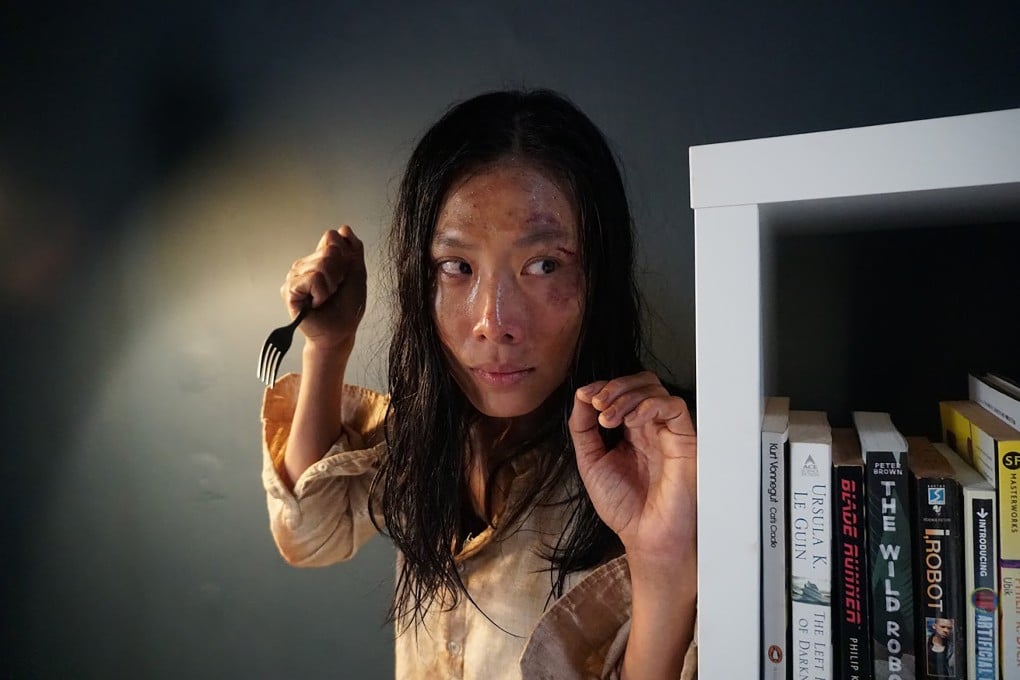Award-winning movie Barbarian Invasion heralds Malaysian ‘New Wave’ filmmaking revival with its teamwork and multilingual dialogue
- Barbarian Invasion, director Tan Chui Mui’s third feature, won the jury prize at a Shanghai film festival - hailed for continuing to ‘subvert and surprise’
- Most Malaysian films are monolingual, but Barbarian Invasion uses a mix of Chinese, Cantonese and Malay dialogue

On June 20, Barbarian Invasion by Malaysian director Tan Chui Mui edged out 12 other finalists to win the Jury Grand Prix, one of two top prizes at the Golden Goblet Awards, held in conjunction with the 24th Shanghai International Film Festival. The other prize, for Best Feature Film, went to Chinese production Manchurian Tiger.
The jury lauded Barbarian Invasion for its pitch-perfect pace “as it continues to subvert and surprise at each turn”.
“We wanted the film to have the largest audience possible so, while we begin our journey in China, we hope Barbarian Invasion will play in other parts of the world like Europe and North America. Ultimately, we do intend to release it in Malaysia and Southeast Asia,” the film’s producer Woo Ming Jin tells the Post.
Barbarian Invasion is Tan’s third film, and her first in a decade after Love Conquers All (2006) and Year Without A Summer (2010). Tan, who also wrote the script, plays the main lead, Moon Lee, a celebrated actress who retired to become a full-time mother.
The film title alludes to the arrival of a child in a person’s life as an event that messes up everything. But this clever art house film explores much more than the intricacies of motherhood: it pays homage to the art and resilience of acting and filmmaking, as well as the determination to face whatever life throws at you.